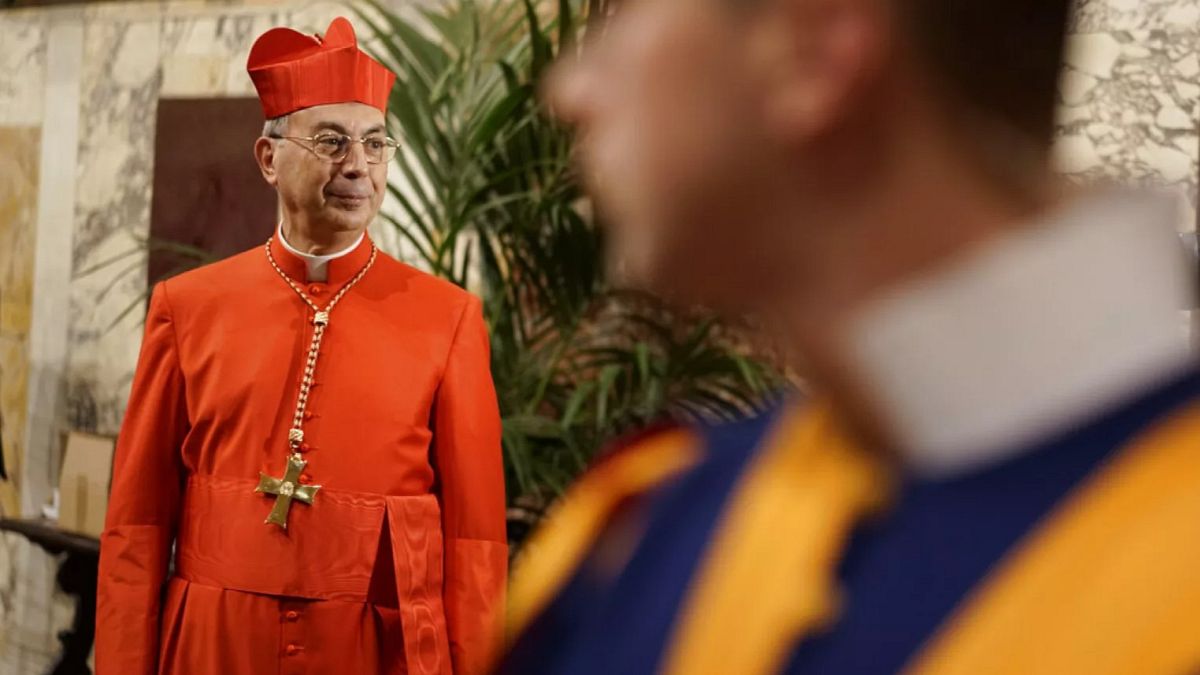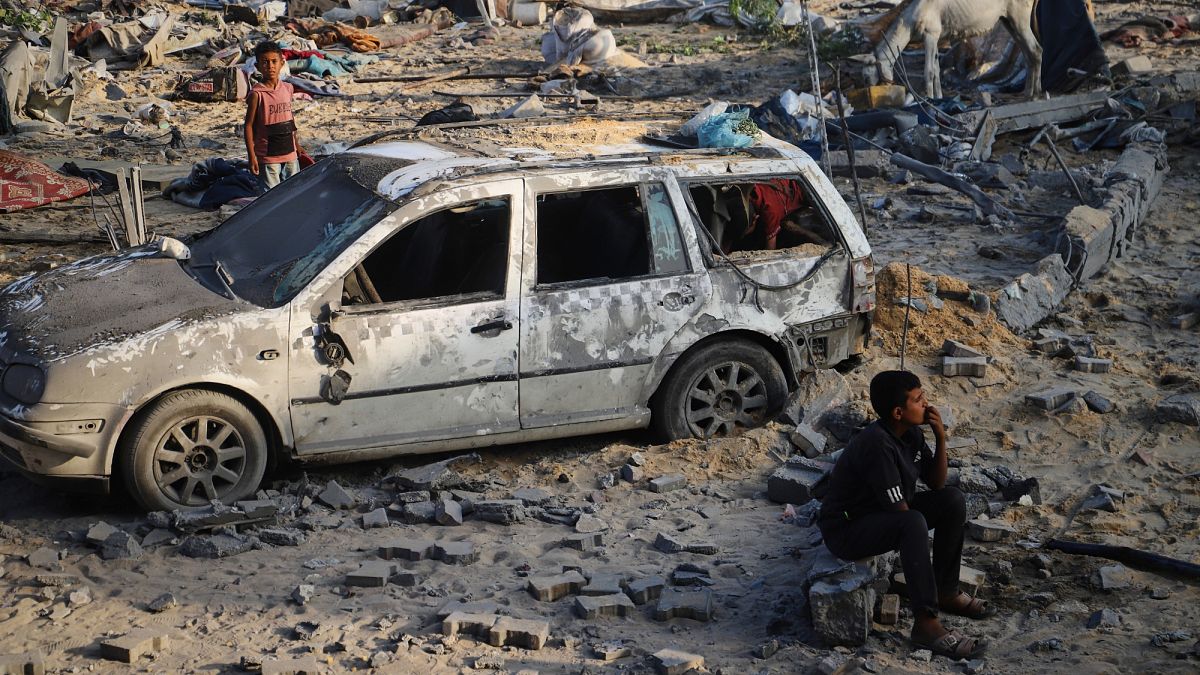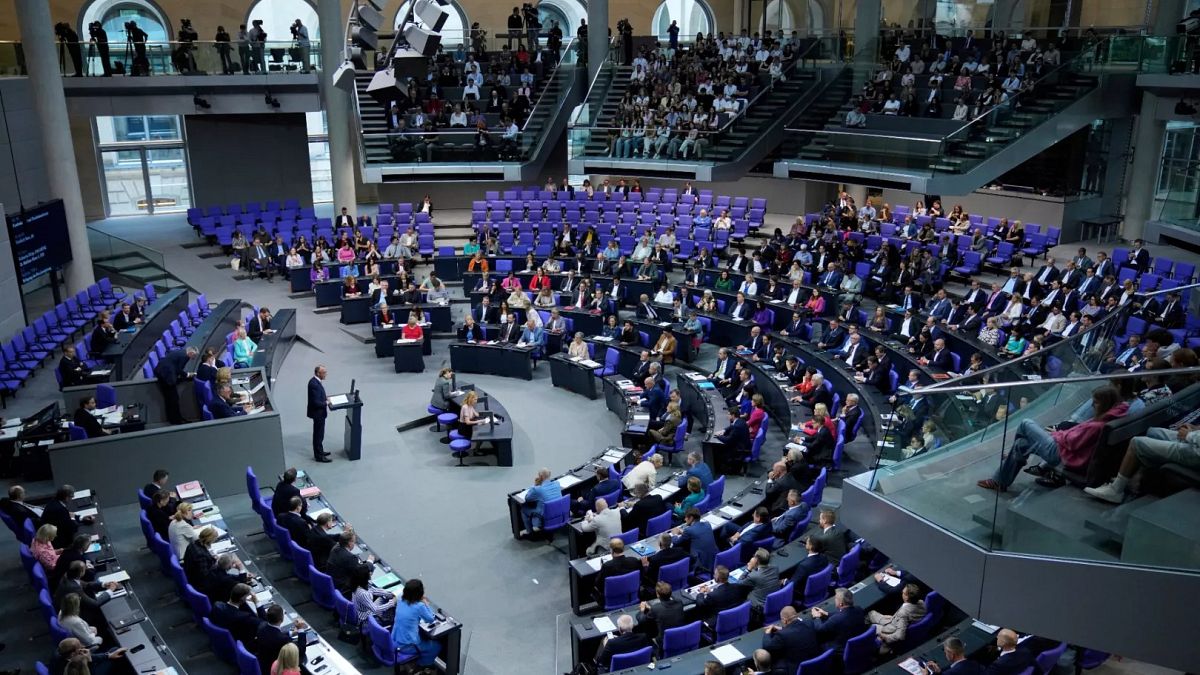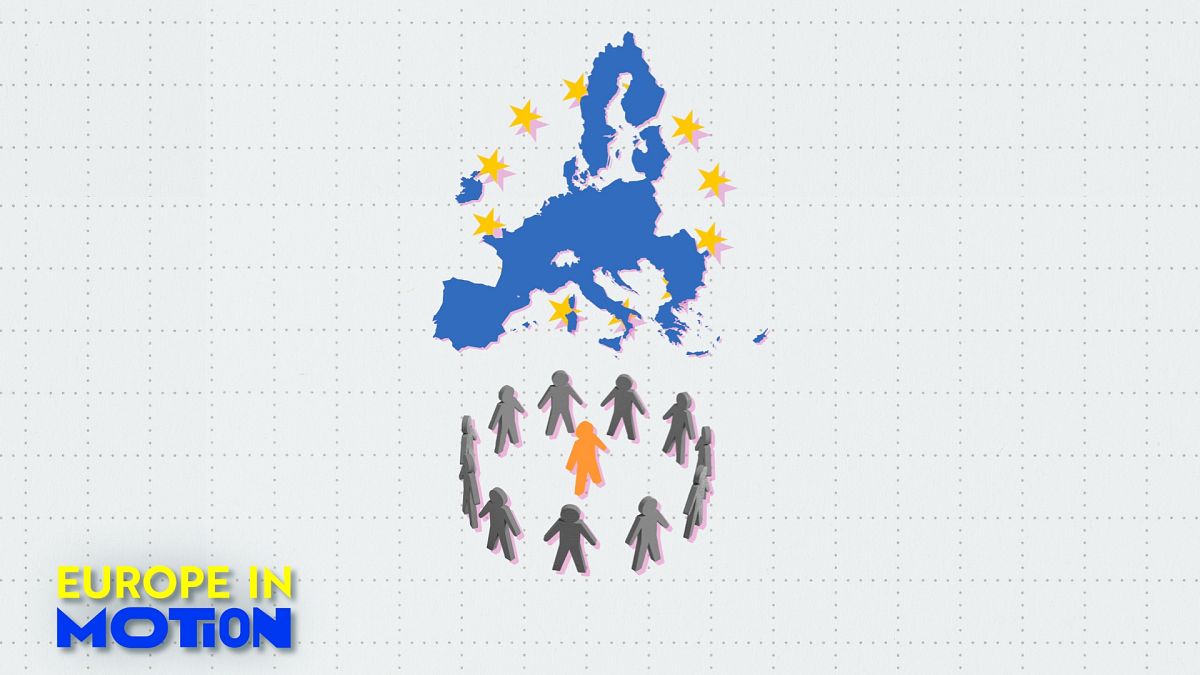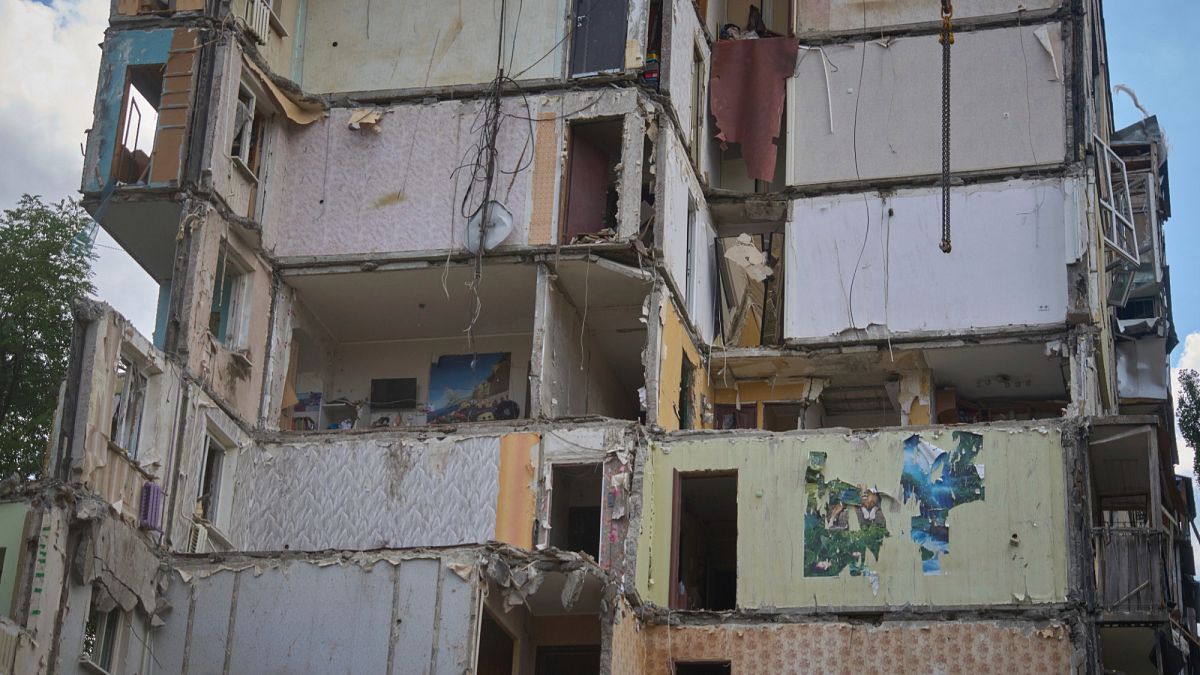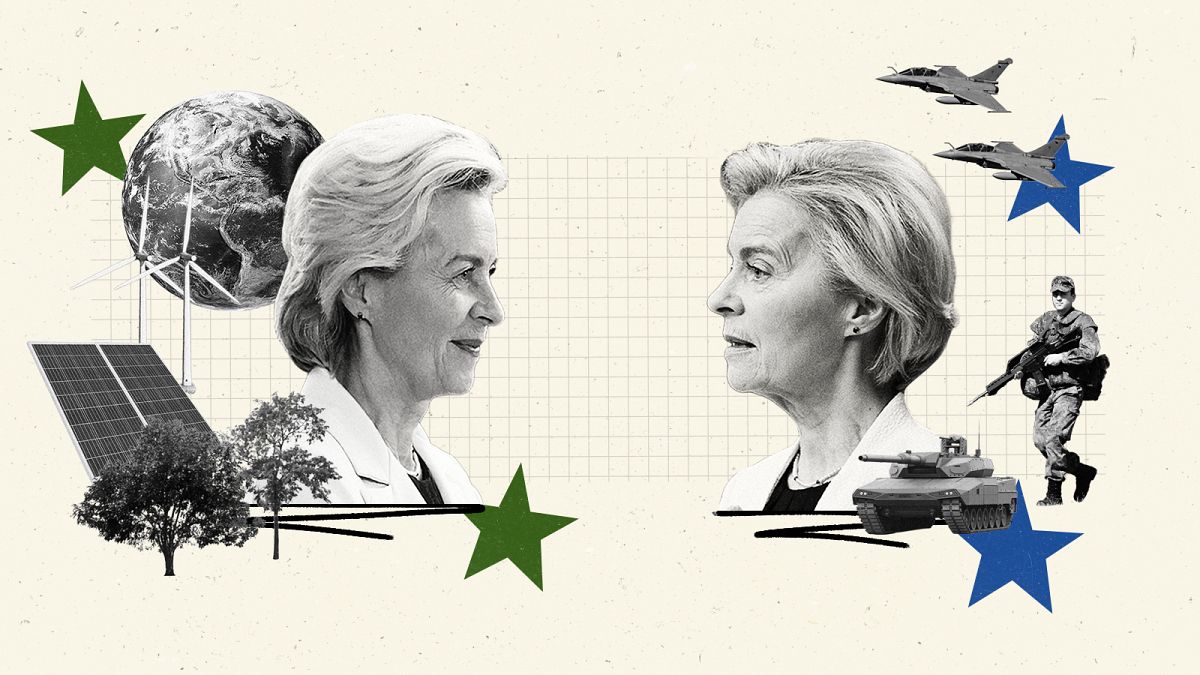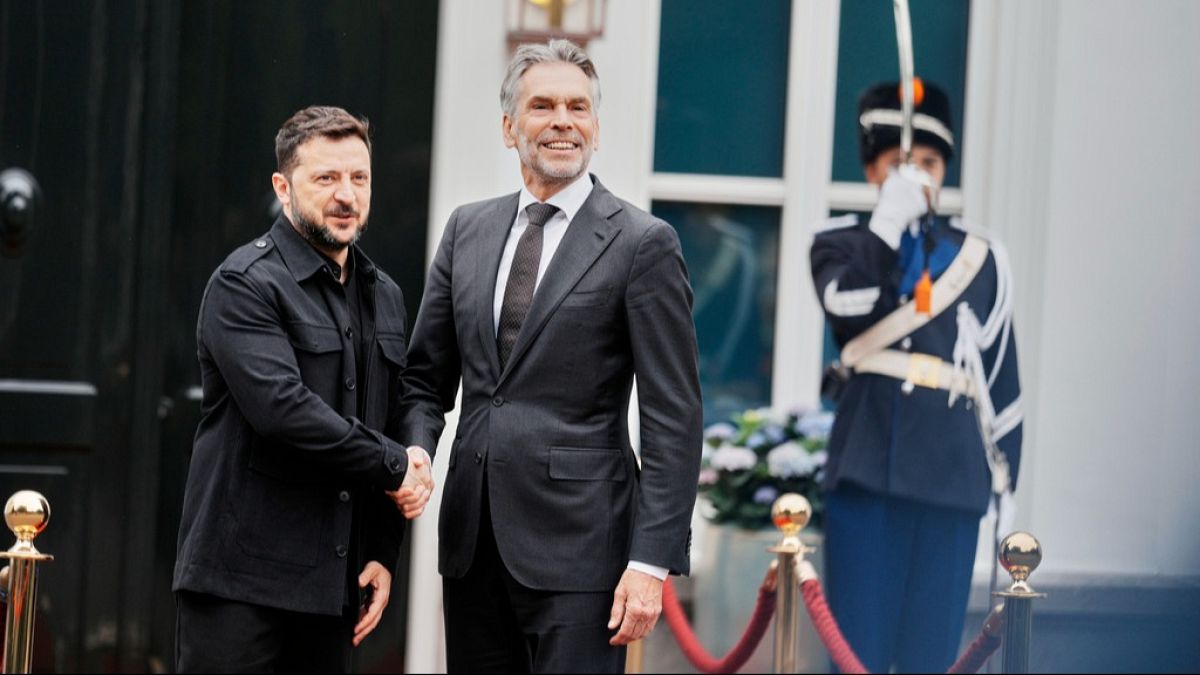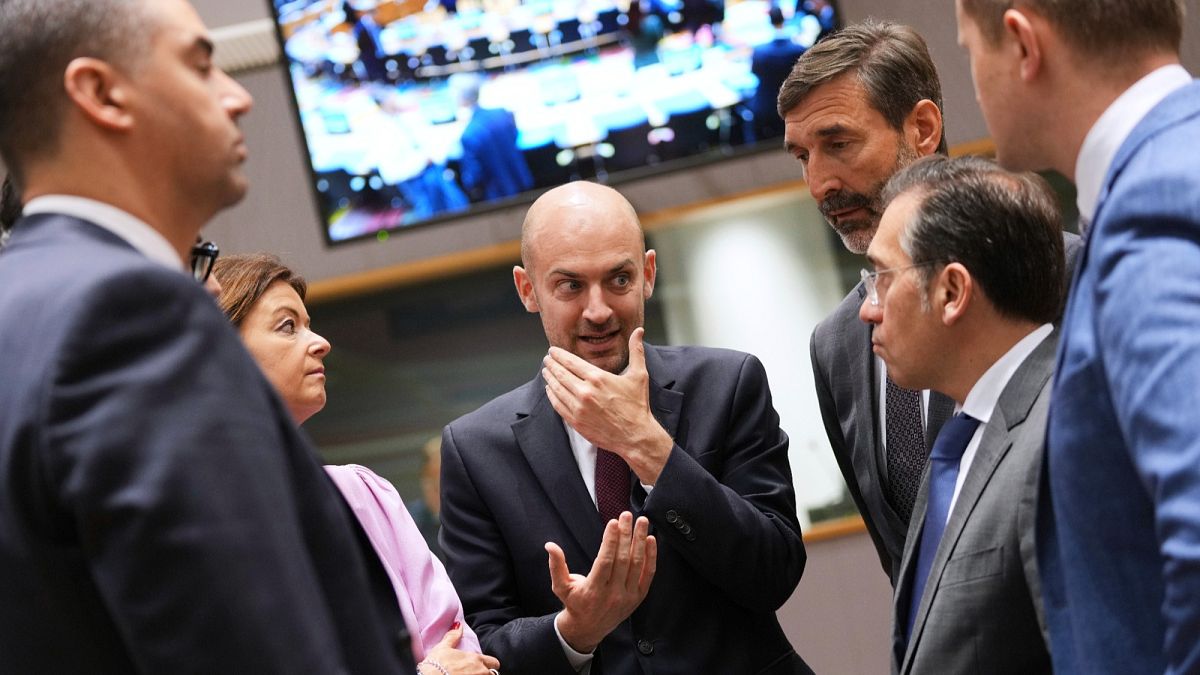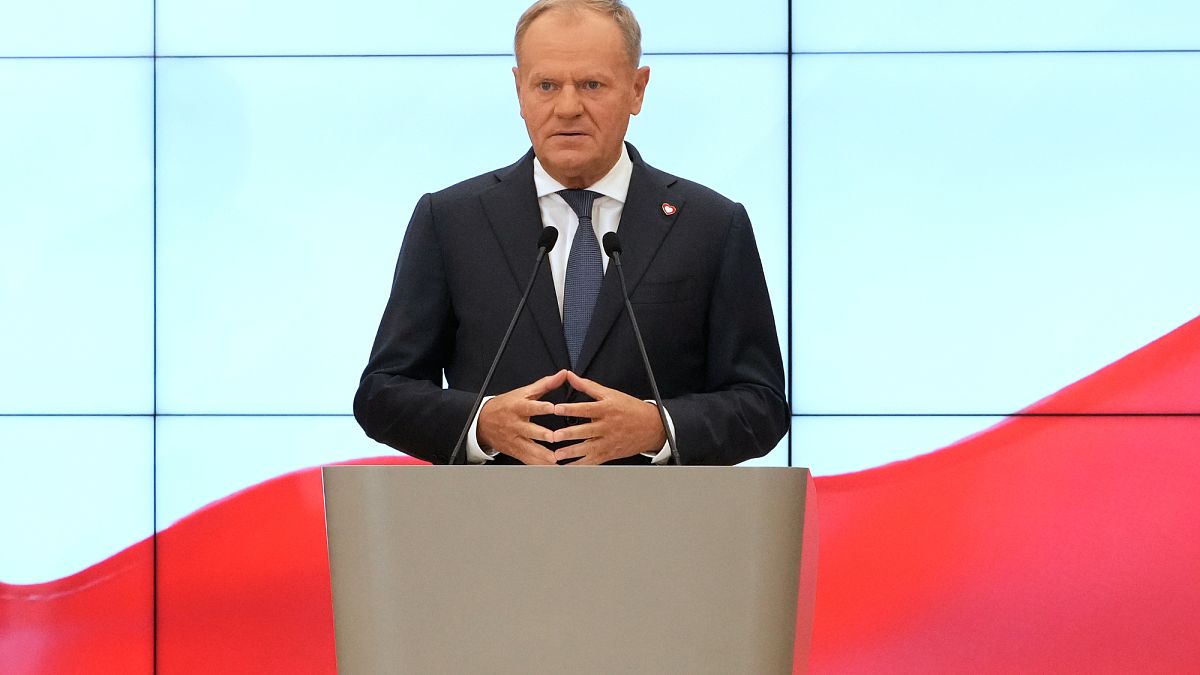Unknown to most, but a leading figure in Vatican diplomacy, Dominique Mamberti is the Cardinal Protodeacon will soon have the task of shouting “Annuntio vobis gaudium magnum: habemus Papam!” — I announce a great joy: we have the Pope!
He will be the first to speak from the central balcony of St. Peter’s Basilica to announce the identity of the new pontiff to the world. He is not excluded from the possibility of becoming Pope himself — in which case his role will be played by another cardinal deacon elector — but his name has not been circulated as a contender leading up to the conclave that will chose Pope Francis’ successor.
Mamberti obtained the office of cardinal protodeacon in October 2024, having become the most senior cardinal belonging to the Order of Deacons, one of the three orders that make up the College of Cardinals together with the Order of Presbyters and the Order of Bishops.
Before him, the Frenchman Jean-Louis Tauran served as protodeacon for Pope Benedict XVI, and the Chilean Jorge Arturo Medina Estevez for Pope Francis.
Announcing John Paul I and John Paul II, both in 1978, was Italian Cardinal Pericle Felici.
Who is Dominique Mamberti?
Mamberti was born on 7 March 1952 in the archdiocese of Rabat, Morocco, but grew up on the French island of Corsica, where he moved with his parents at a very young age.
After studying law in Strasbourg and Paris, Mamberti graduated in Canon Law at the Gregorian University in Rome.
In 2002, he was appointed titular archbishop of Sagona, Corsica, then apostolic nuncio in Sudan and apostolic delegate in Somalia. In 2004, he also took up the post of apostolic nuncio to Eritrea.
In 2004 he was called by Pope Benedict XVI to the secretariat of state as secretary for relations with states representing the Holy See in international affairs, a post he held for eight years before being moved by Pope Francis to the Vatican judiciary in 2014. He was appointed cardinal the following year.
Pope Francis also appointed him Prefect of the Supreme Tribunal of the Apostolic Signatura, one of the Holy See’s three main judicial bodies.
Diplomatic career and legal appointments
Mamberti is considered one of the Vatican’s experts in international politics. As a diplomat of the Holy See, he has worked at the UN in New York and in Algeria, Chile, in Sudan, Somalia and Eritrea. He has also dealt with countries in the Middle East.
On behalf of the Holy See, he made numerous trips and signed several bilateral agreements, including the agreement with Cape Verde on the legal status of the Catholic Church in the African country in 2013 and the one with Serbia on collaboration in higher education in 2014.
His appointment as prefect was seen by some as a move to strengthen papal control over the Vatican judiciary, especially after the removal of his predecessor, Cardinal Raymond Burke, who was known for his conservative views.
The cardinal’s positions
Mamberti is in favour of protecting religious freedom, human rights and fundamental freedoms. He has also often condemned the growing secularism of the church.
In an interview with Vatican Radio in 2013, he said he supported the legitimacy of a “conscience clause” for Christian employers who refused services to homosexuals.
His words drew criticism from LGBT+ associations, which interpreted them as legitimising discrimination.
However, according documents quoted by the newspaper L’Espresso in 2011 regarding a meeting with the bishops of Uganda in 2009, Mamberti took a different line on the country’s proposed law imposing harsh penalties for homosexual behaviour, including the death penalty.
The then-secretary for relations with states reportedly condemned the proposal, saying the issue of sexual orientation should have fallen “within the moral sphere and not the penal sphere”.
The full statements were not made public by the Holy See, and there was no official clarification.



